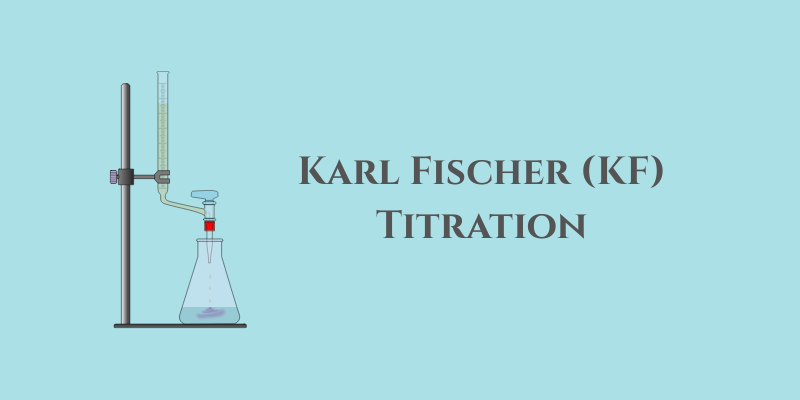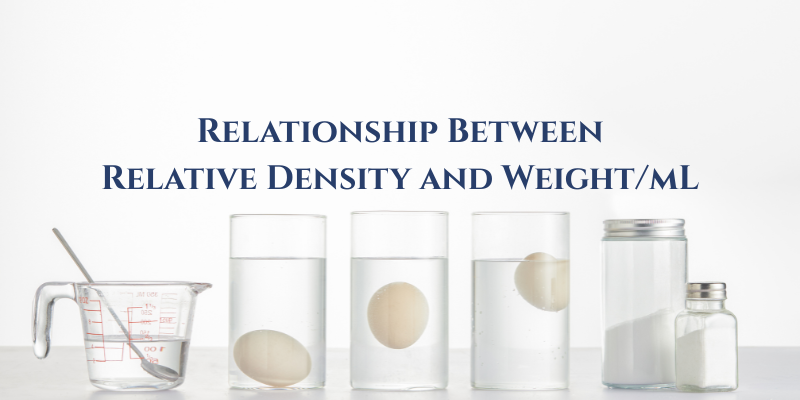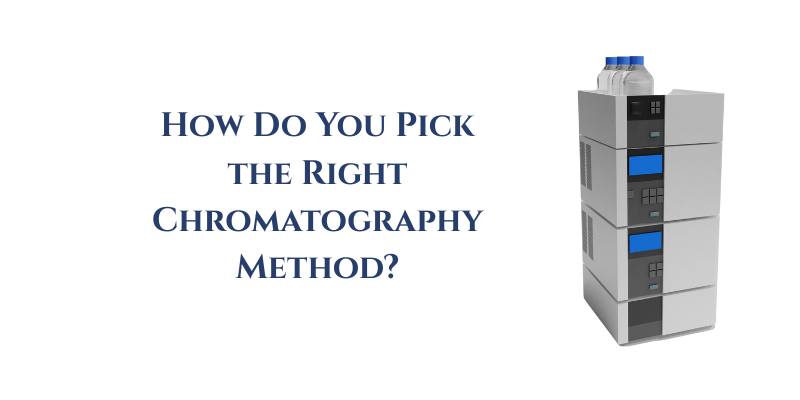Analytical Pharmacy

What Do 30°C/65% RH and 30°C/75% RH Represent?
30°C/65% RH: Reflects moderate tropical climates, with temperatures that are warm but not excessively hot and humidity levels that are ...

Karl Fischer (KF) Titration
This is a widely used analytical technique for determining water content in substances. It is especially important in the pharmaceutical, ...

Why Bulk Density is Important in Pharmaceutical Industry?
Bulk density This is a critical parameter in the pharmaceutical industry as it affects powder handling, formulation, and final product ...

Relationship Between Relative Density and Weight/mL
1. Relative Density (RD) or Specific Gravity (SG) : The ratio of the density of a substance to the density ...

How Do You Pick the Right Chromatography Method?
Chromatography is the most powerful tool for protein separation, yet the appropriate method depends on the specific purpose of separation ...

Why Distilled Water is Commonly Used in QC Testing?
Distilled Water is water that has been purified through the process of distillation.This process removes impurities, minerals, salts, and microorganisms, ...

The f2 Similarity Factor in Dissolution
One question that I frequently get about dissolution is what is the f2 factor and how should it be used? ...

Types of Standard Solution
It is a solution containing an accurately known concentration.A standard solution ideally has a high degree of purity and is ...

Molality (m)
Molality (m) is a measure of the concentration of a solute in a solution. It is defined as the number ...

Molarity (M)
Molarity (M) is a measure of the concentration of a solution, defined as the number of moles of solute per ...

Normality (N)
Normality (N) in Chemistry: Normality (N) is a measure of concentration in chemistry that expresses the number of equivalents of ...

Assay vs Potency | Understanding the Critical Differences
ASSAY An assay measures the quantity or concentration of a drug’s active ingredient, typically expressed as a percentage or mg/mL. ...
